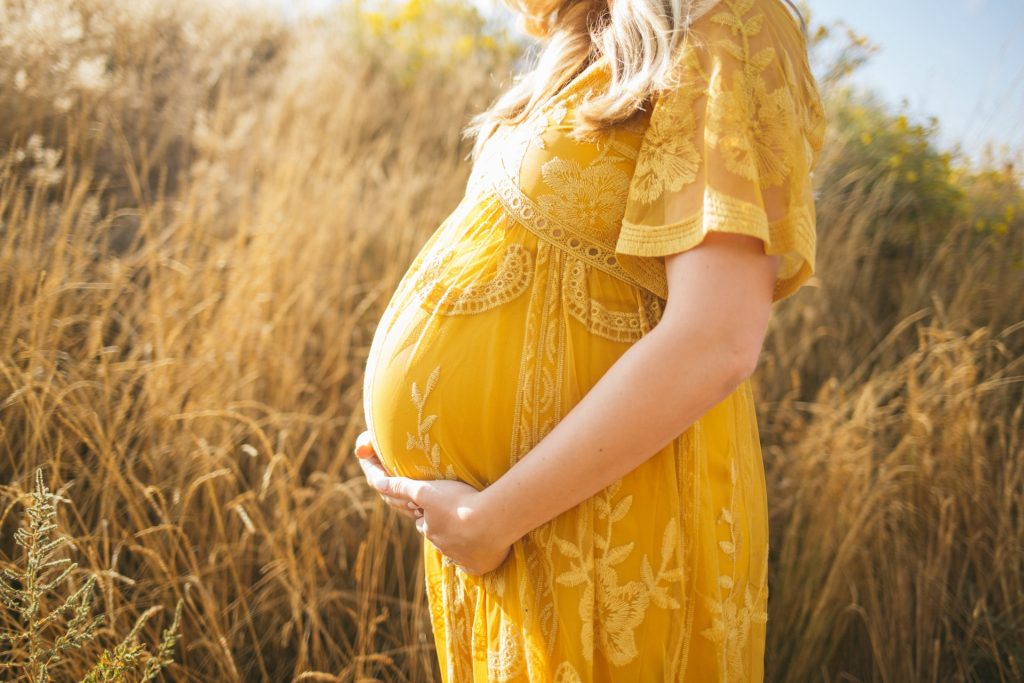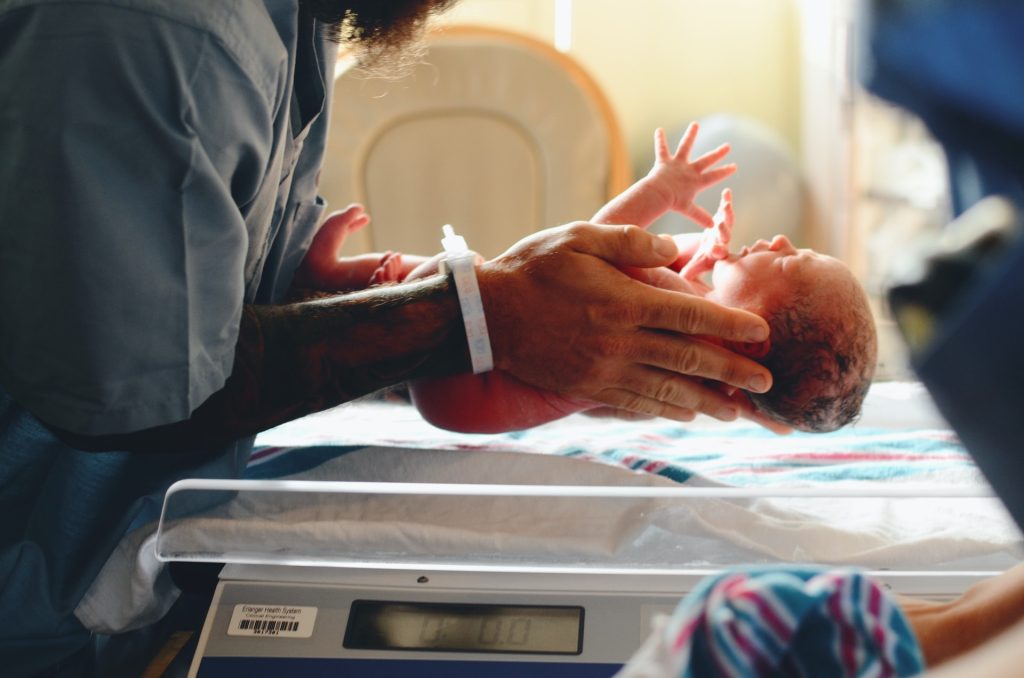Vegan Diet in Pregnancy may Increase Preeclampsia and Low Birth Weight Risks

Women who follow vegan diets during pregnancy may face higher risks of developing preeclampsia and of giving birth to newborns with lower birth weight, suggests a recent study published in Acta Obstetricia et Gynecologica Scandinavica.
For the study, 65 872 women identified themselves as omnivorous, 666 as fish/poultry vegetarians, 183 as lacto/ovo vegetarians, and 18 as vegans. Based on a questionnaire completed mid-pregnancy, investigators found that protein intake was lower among lacto/ovo vegetarians (13.3%) and vegans (10.4%) compared with omnivorous participants (15.4%). Micronutrient intake was also much lower among vegans, but when dietary supplements were considered, no major differences were observed.
Compared with omnivorous mothers, vegan mothers had a higher prevalence of preeclampsia (a pregnancy complication characterised by high blood pressure), and their newborns weighed an average of 240 g less.
“Further research is needed regarding possible causality between plant-based diets and pregnancy and birth outcomes, to strengthen the basis for dietary recommendations,” the authors wrote.
Source: Wiley



